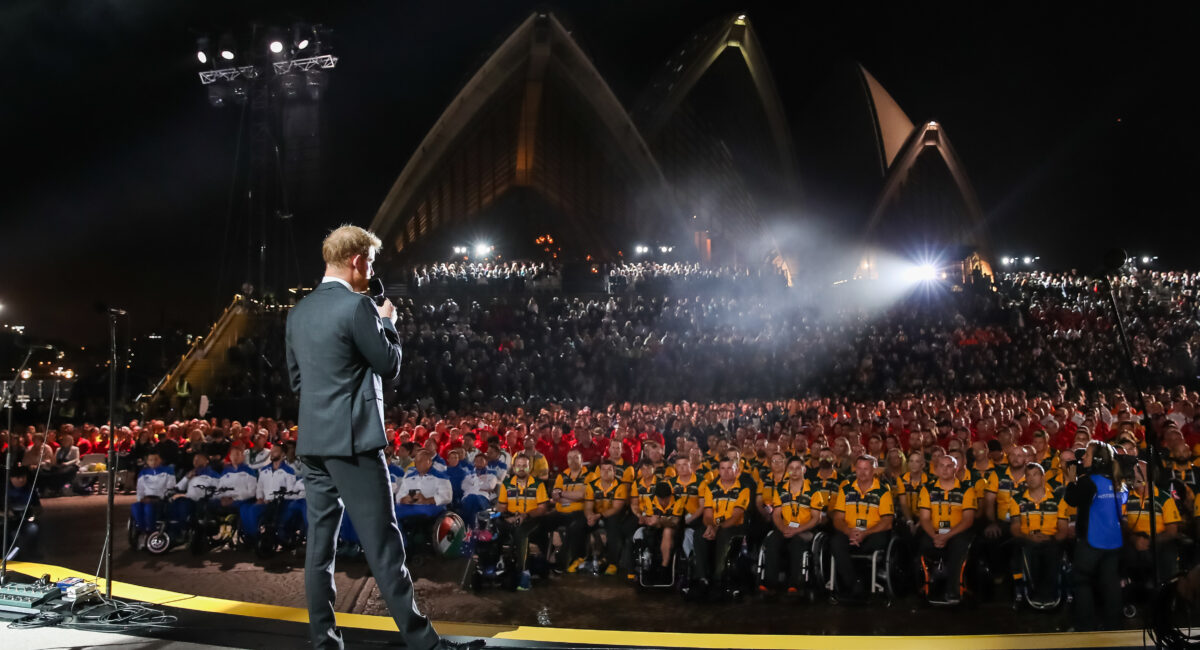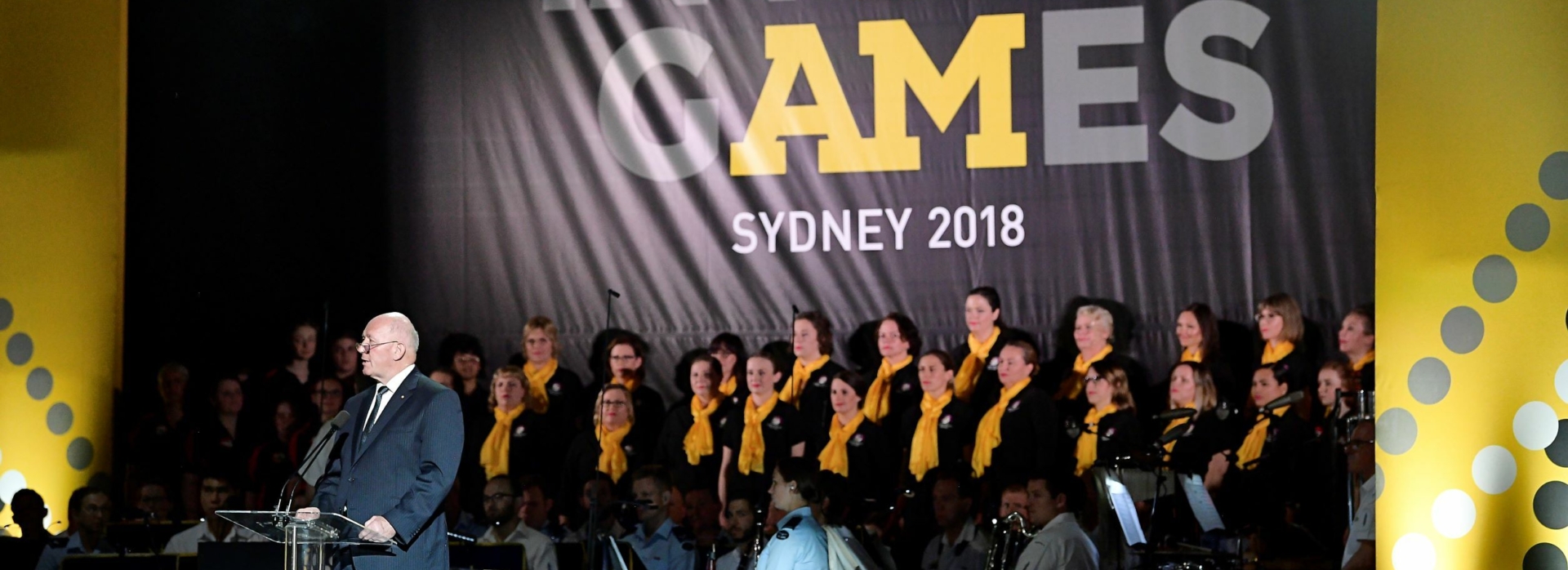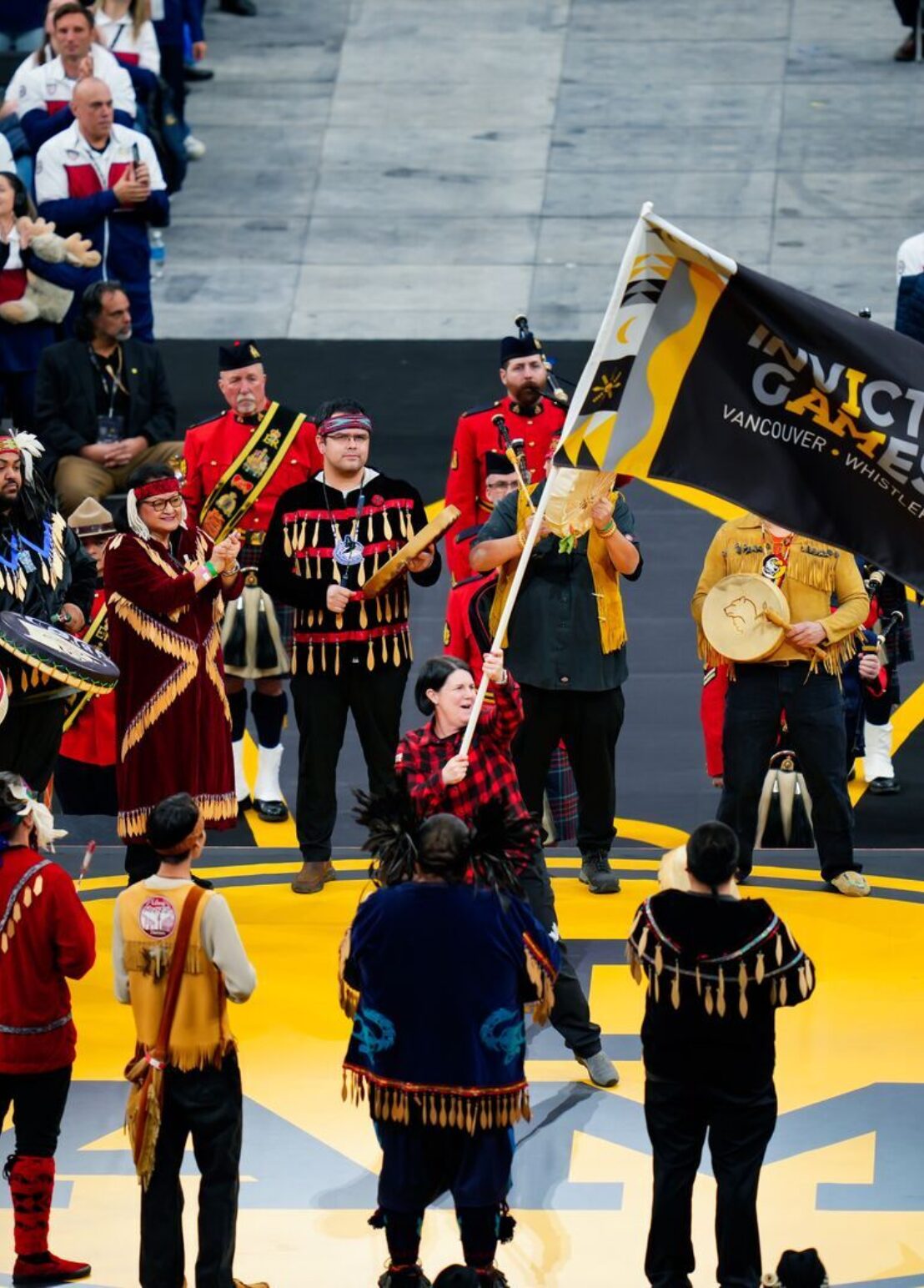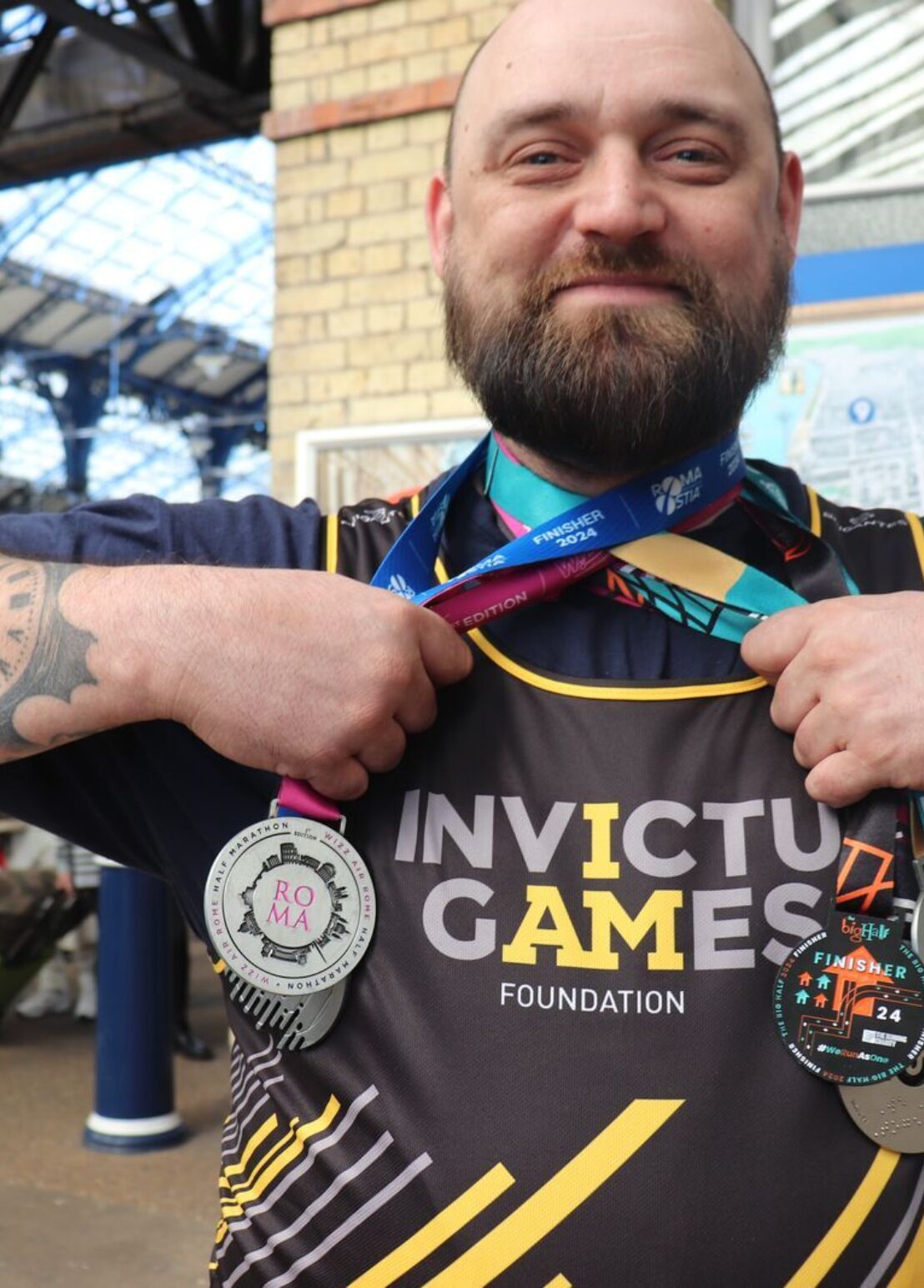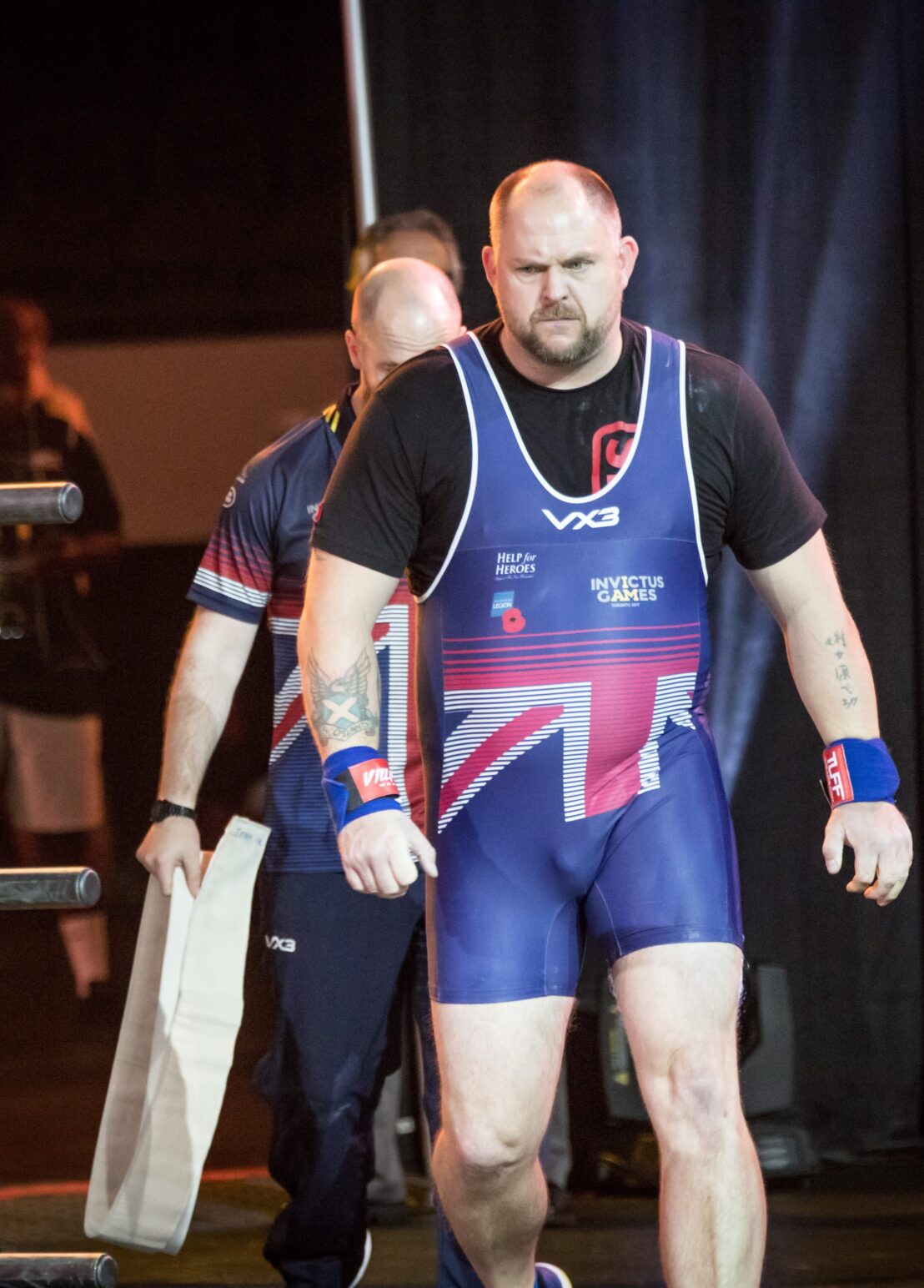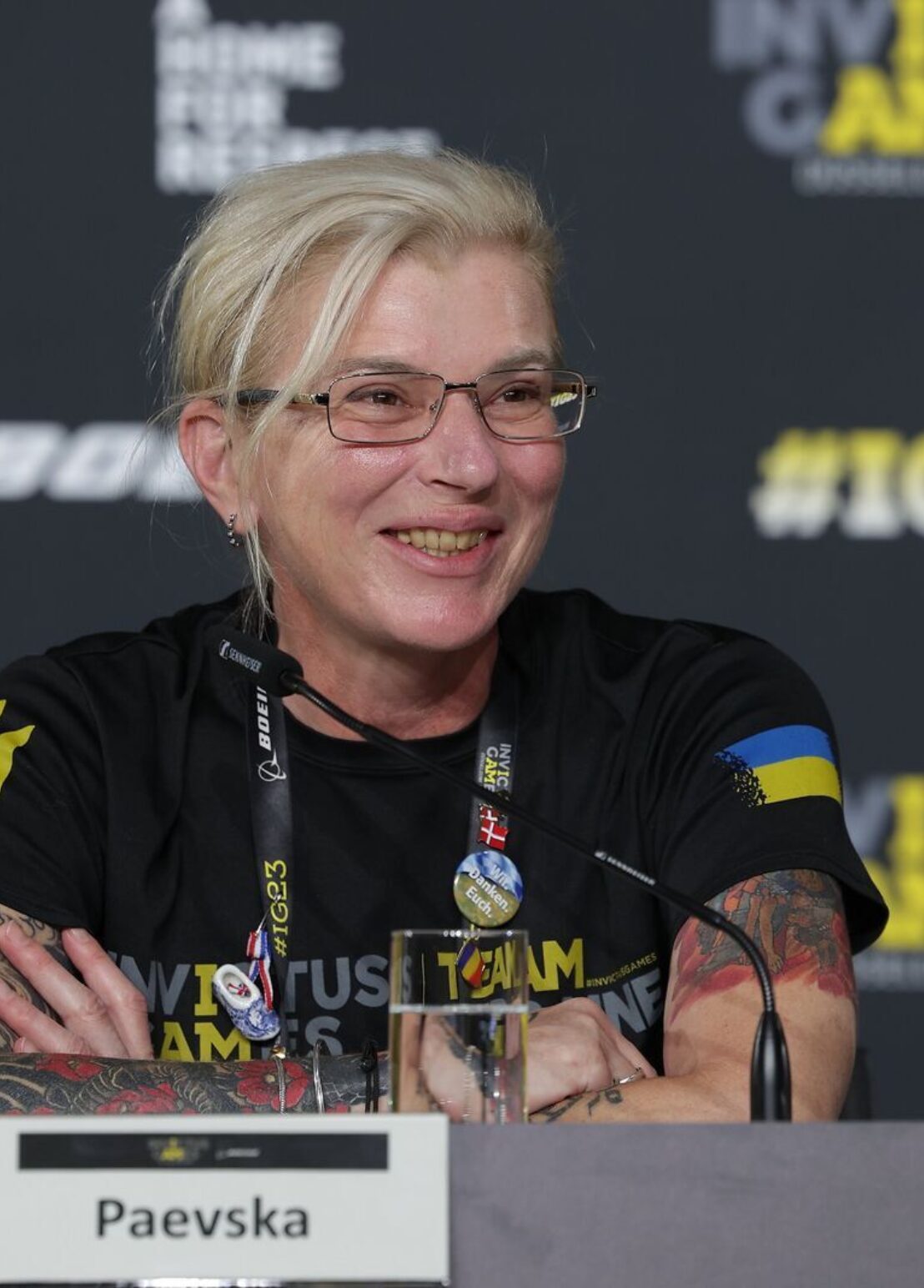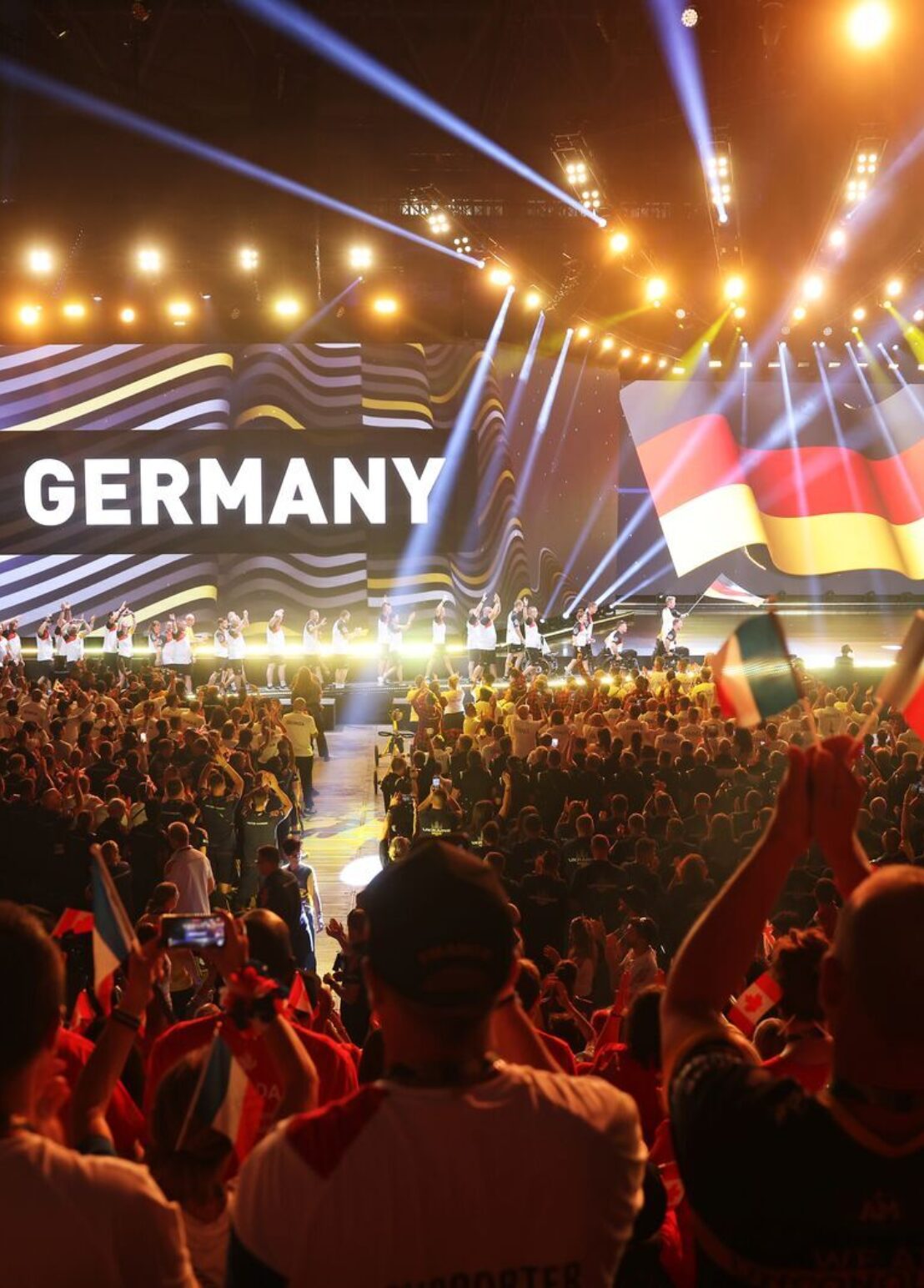It was ‘Game On Down Under’ when Australia welcomed competitors and their family and friends for the Invictus Games Sydney 2018.
Sydney hosted 491 competitors and 1,000 family and friends from 18 nations from 20-27 October. The Games featured medal competition in 11 sports alongside Golf and Wheelchair Tennis with events held across Greater Sydney, including Sydney Olympic Park and Sydney Harbour.
Following the Games, organisers welcomed research that shows seven of every ten Australians want to play a role in supporting veterans.
The Games won the hearts and minds of the nation when almost 500 wounded, injured and ill veterans and serving defence personnel from 18 nations showcased the unconquered human spirit across eight days of fierce but friendly competition.
“The Invictus Games Sydney 2018 has been an excellent opportunity to shine a light on the healing power of sport and to demonstrate what is possible when you focus on ability,” says Chairman of the Invictus Games Sydney 2018, Lieutenant General Peter Leahy AC (Ret’d). “More than 100 thousand people witnessed first hand the inspiring feats of our competitors and millions more shared their journey across social and media channels.
“The challenge now is for us to mobilise the 70% of Australians who are ready to get involved,” said Leahy. “To that end we’re calling on all levels of government and our ex-services organisations to ensure they connect those Australians through programs and projects that will engage and integrate our defence personnel in their communities.”
Research conducted two weeks after the closing ceremony also showed 86.5% of all adults nationally were aware of the Invictus Games and 90% of those agreed the Games has the power to make a significant difference in the lives of those involved.
“Significantly there are 3.6 million Australians who now know a lot about the Invictus Games and that knowledge should translate into action to support activities that embrace our veterans and their families as they travel the road of recovery and rehabilitation,” says Leahy.
The end of the Invictus Games marks the beginning of a legacy to ensure long-term support for our defence community. The focus will now be to establish and increase employment, education, sporting and rehabilitation opportunities for Australian veterans.
“Throughout the Games we saw the very best of the human spirit on and off the sporting field. I hope that every Australian has taken away something positive from these Games and has a greater understanding of service and sacrifice, and the importance of looking after our wounded, injured and ill veterans and their families and friends,” says Leahy.
“The Games has also brought together an incredible community of partners from across government, the commercial and corporate sectors to support the health and well-being of our people.”
One of the many initiatives from the Games is the establishment of Veteran Sport Australia (VSA) which will focus on supporting, enabling and enhancing the many great initiatives provided across the ex-service organisations while helping veterans and their families connect to those opportunities.
In the short term, the program will help veterans access sporting opportunities whether through local organisations and competitions, training and development or via pathways to events like the Paralympic Games, Invictus Games and Warrior Games. VSA will also look into the establishment of national sporting competitions for veterans.
In the long term, the VSA program will work with national sporting organisations to ensure access to more sports for wounded, injured and ill veterans. VSA will also collaborate with other groups to develop wellbeing activities such as yoga and art.
“This program will ensure more Australians, and specifically those Australians who have served our country, benefit from the power of sport to assist rehabilitation,” says James Brown, President NSW RSL.
“It will also raise the profile of initiatives that support those living with a disability or managing their mental health.”
“It has been such an honour to compete in the Invictus Games,” said Australian 2018 Invictus Games Team Co-Captain Nicole Bradley. “I hope these Games shine a brighter light on mental health and what people can achieve and overcome when they’re supported. That’s the one message I hope spectators and people who have watched at home will take away from the Invictus Games Sydney 2018.”
Sydney welcomed more than 1,000 family and friends from 18 nations to the Invictus Games to recognise the crucial role they play in the recovery and rehabilitation off their loved ones. They were cheering in the stands along with 105,000 spectators who were inspired by the courage and camaraderie on display.
“These Games belong just as much to the family and friends of all the competitors, as they do to the servicemen and women.,” said Bradley. “Our families and friends have been there every step of the way through the highs and lows of a physical or psychological injury and it just goes to show that you don’t achieve great things on your own, you achieve great things with support.”
Patron of the Invictus Games Foundation, The Duke of Sussex, says the Invictus spirit has become “a symbol of strength, honour and optimism for a new generation.”
